Celebrate Pride Month with “It Came From the Closet” — an incredible collection of thought-provoking essays on queer themes in horror films.
I’ve always sympathized with the creatures that lurk in the shadows.
Anytime I watched a vampire film, I never rooted for the slayer. I wanted the victim to embrace their transformation and live happily ever after as a vampire. As a queer person, I relate to horror themes and characters for several reasons.
Vampirism, lycanthropy, and body horror are all perfect metaphors for queerness, given the alienation these characters feel and the way mythology vilifies them.
As horror evolved, classic monsters of literature, film, and folklore got to tell their side of the story. No longer are classic horror characters mindless, monstrous demons haunting the shadows. Creative writers gave them a chance to come out of the coffin and tell their stories, portraying them sympathetically as beings just trying to survive. However, their nature separates them from the rest of society.
It Came From the Closet is a diverse collection of essays exploring queer themes in a wide array of horror films, from classics such as The Exorcist and Halloween to more obscure films such as Grace and The Leech Woman.
The essays reveal how horror can be a tool for self-expression and social critique.
Each essay explores how horror reflects the queer experience and how each film relates to the writer’s personal experience.
Editor Joe Vallese’s contribution, “Imprint,” describes his emotional journey of having a child with a surrogate mother and how it relates to the independent horror film Grace.
Carmen Maria Machado’s essay “Both Ways” discusses bisexuality in Jennifer’s Body as it relates to her own experiences as a bisexual woman.
Carrow Naby’s “Indescribable” discusses nonbinary identity and sexuality as it relates to The Blob and Society.
In “Loving Annie Hayworth,” Laura Maw discusses unrequited lesbian love and gay subtext in The Birds.
While centered on queer themes, some essays segue into related socio-political themes such as feminism and racism.
In “A Demon Girl’s Guide to Life,” S. Trimble discusses feminist themes, gender identity, and gay subtext in The Exorcist. Sumiko Saulson discusses racism as well as gender identity and sexuality in “Centered and Seen,” focusing on the film Candyman.
Alienation, a monster within, shame, secrecy, and self-loathing are discussed in relation to a film that resonated with the writer as they discovered their queerness.
From heart-warming to heart-breaking, the writers share their triumphs and heartbreaks — from embracing their queerness to unrequited love to having to still hide their identity from family.
It Came From the Closet is a brilliant, thought-provoking, and diverse collection of essays that showcase the power and potential of horror.
The book is not only a great source of film analysis but also a testament to the personal and political significance of horror for LGBTQ+ people.


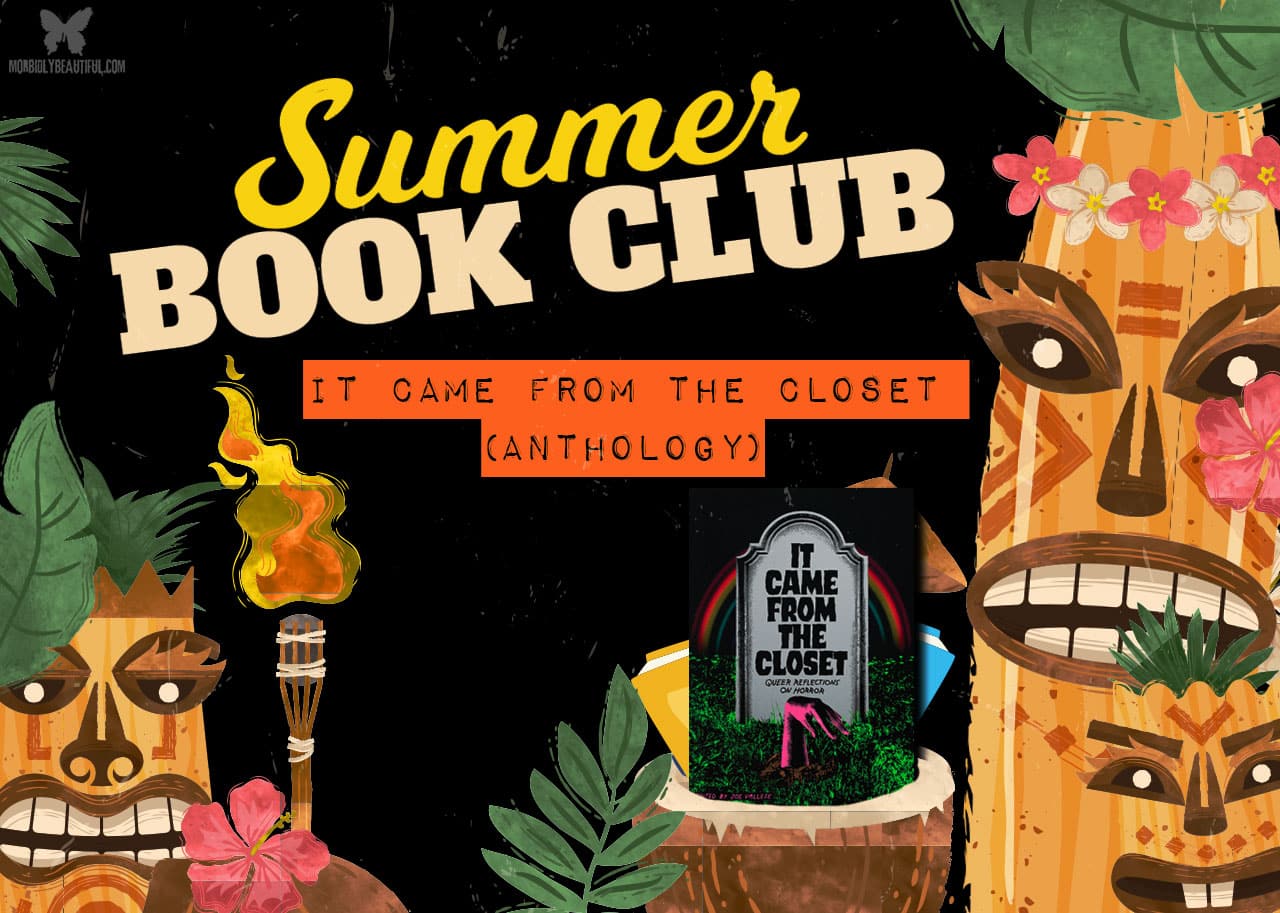
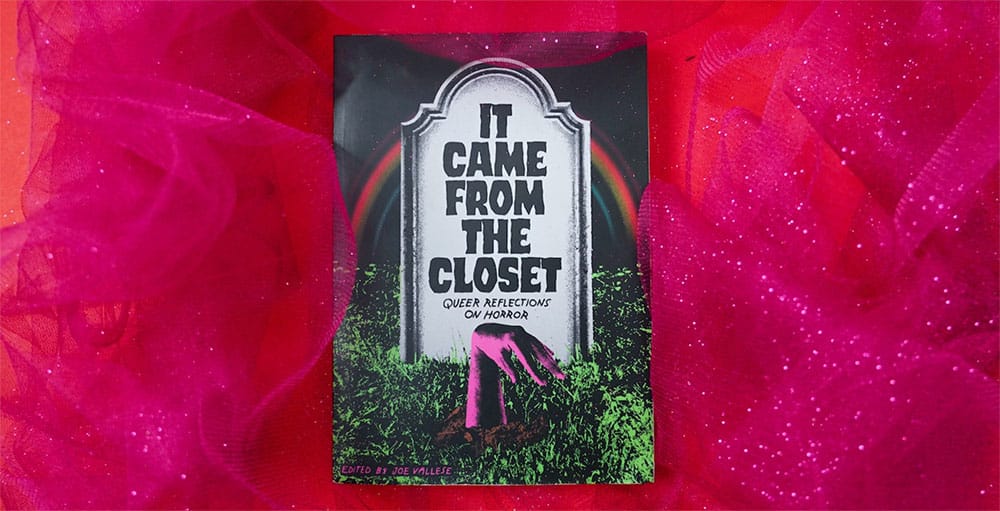
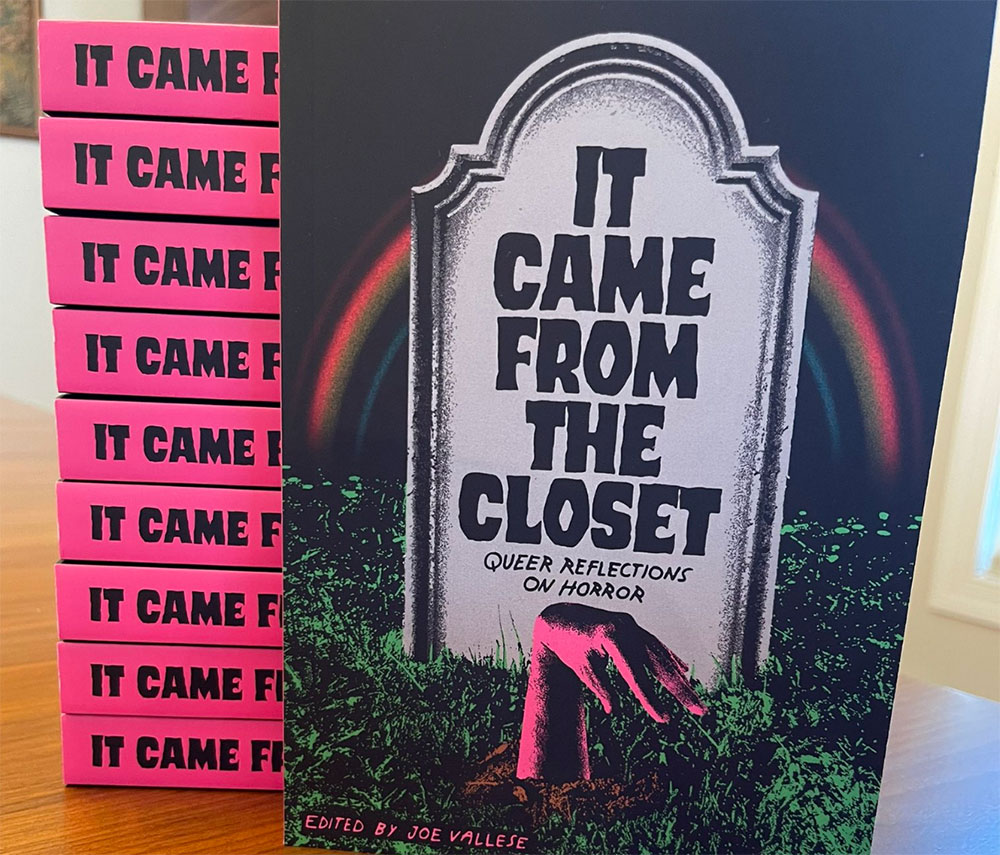

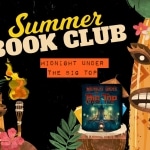



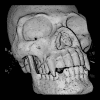





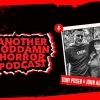
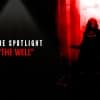
Follow Us!